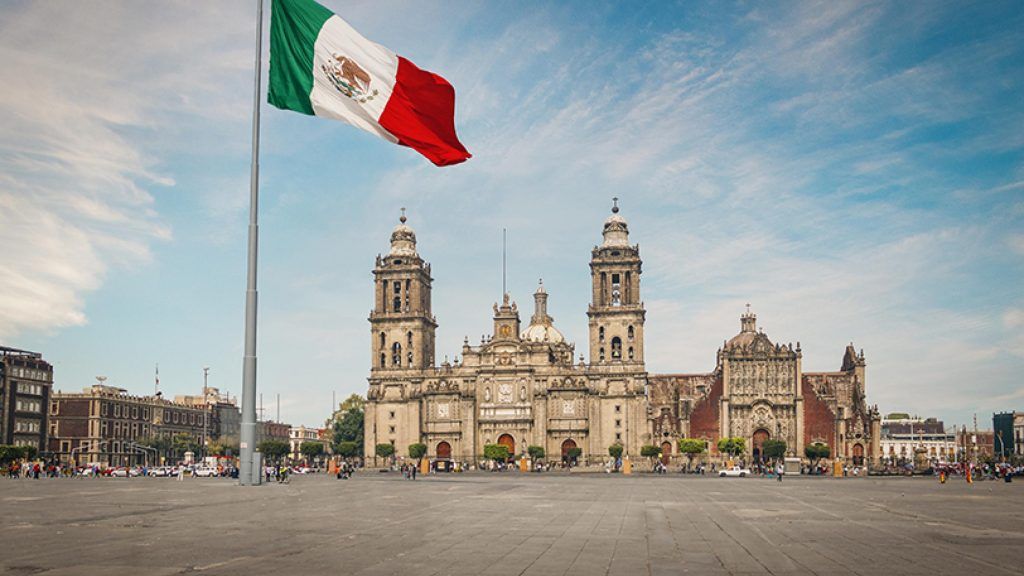Mexico does not currently plan to join the World Trade Organization (WTO) Agreement on Government Procurement (GPA), according to information from the Mexican government.
The WTO Government Procurement Agreement (GPA) is a plurilateral agreement included in Annex IV of the WTO Agreement.
As such, it is not part of the WTO’s single undertaking and its adherence is limited to WTO Members that specifically signed the GPA at Marrakesh or have subsequently acceded to it.
Forty-eight WTO Members are parties to the GPA: Armenia, Australia, Canada, the European Union and its 27 Member States, Hong Kong, China, Iceland, Israel, Japan, the Republic of Korea, Liechtenstein, Moldova, Montenegro, the Netherlands with respect to Aruba, New Zealand, Norway, Singapore, Switzerland, Chinese Taipei, Ukraine, the United Kingdom and the United States.
In 2022, the Committee did not meet due to lack of consensus regarding the selection of a Committee Chair.
Despite the lack of meetings, the GPA Committee received and circulated revised market access offers with respect to accessions to the Agreement, in particular from Brazil and North Macedonia.
Government Procurement
In accordance with Article 115 of the Political Constitution of the United Mexican States, the federal entities and municipalities (the sub-federal level) have legal personality and manage their own budget; therefore, they are responsible for the management and administration of public procurement resources, which is why the Federation does not have the requested data.
Likewise, no free trade agreement in force includes the sub-federal level and Mexico is not a party to the Agreement on Government Procurement, so it is outside the scope of consultation.
In Mexico, there is a General Law on Transparency and Access to Public Information, applicable throughout the Republic, including federal authorities, federal entities and municipalities, which establishes in its Article 70, section XXVIII, the obligation to make available to the public and keep updated, the information on the results of direct award procedures, restricted invitation and bidding of any nature, including the public version of the respective file and the contracts entered into.
Both consolidations and framework contracts are contracting strategies that contribute to the efficiency and optimization of public resources and at the same time promote the country’s economic development.
The implementation of these strategies has been reflected in savings derived from the different circumstances that affect the final price.

